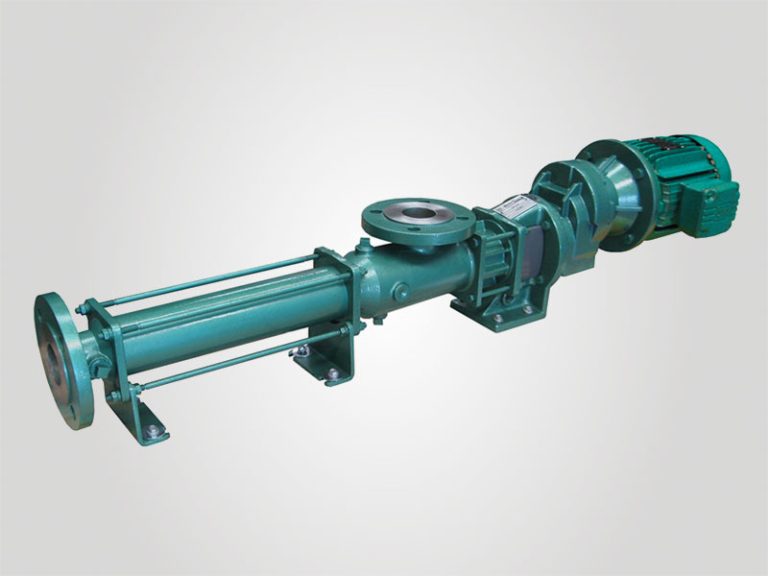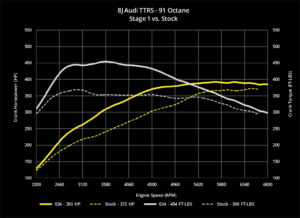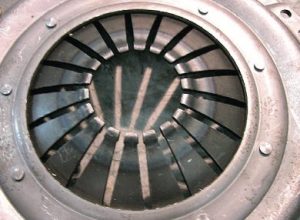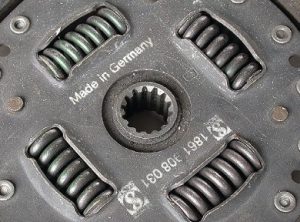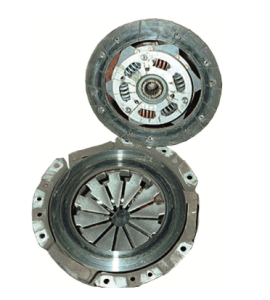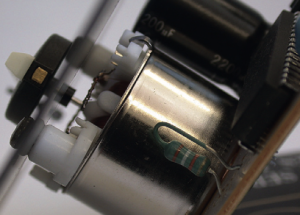Are you tired of using traditional pumps that are bulky, inefficient, and difficult to maintain? Look no further than the innovative Rotor pump.
A Rotor pump is a positive displacement pump that uses two or more rotors to move fluid through the pump. Unlike traditional pumps that rely on impellers or other mechanical parts, Rotor pumps use a simple and reliable design that reduces the risk of failure and makes maintenance a breeze.
One of the biggest advantages of Rotor pumps is their efficiency. Thanks to their unique design, Rotor pumps can move fluids with much less power than traditional pumps. This means lower energy costs and a smaller carbon footprint, making Rotor pumps a popular choice for environmentally conscious businesses.
In addition to their efficiency, Rotor pumps are also highly versatile. They can handle a wide range of fluids, including those with high viscosity or containing solids. This makes them a great choice for a variety of industries, from food and beverage production to chemical processing and beyond.
Another benefit of Rotor pumps is their ability to handle delicate fluids without damaging them. Because the rotors move fluid smoothly and gently through the pump, Rotor pumps are often used for shear-sensitive fluids like emulsions and suspensions.
Finally, Rotor pumps are easy to maintain and repair. With fewer moving parts than traditional pumps, Rotor pumps require less maintenance and have a longer lifespan. And when repairs are needed, Rotor pumps can be easily disassembled and serviced, reducing downtime and ensuring that your operations stay up and running.
In conclusion, if you’re looking for an efficient, versatile, and easy-to-maintain pump, look no further than the Rotor pump. With their simple and reliable design, Rotor pumps are the perfect choice for businesses that want to save energy, reduce their carbon footprint, and improve their bottom line.
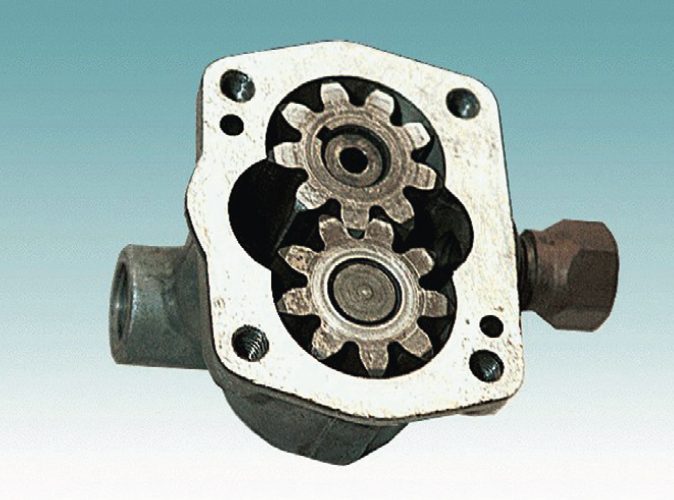
As I mentioned before, Rotor pumps are positive displacement pumps. This means that they move fluid by trapping a fixed amount of fluid between the rotors and then forcing it through the pump. The rotors are typically shaped like screws or gears, and they rotate inside a casing or stator.
As the rotors turn, they create a sealed chamber between themselves and the stator. This chamber fills with fluid, which is then carried around the pump until it is forced out of the discharge port. Because the volume of the chamber is fixed, each rotation of the rotors moves a fixed amount of fluid, which gives Rotor pumps a very predictable flow rate.
One of the reasons Rotor pumps are so efficient is that they generate very little turbulence or agitation in the fluid. This means that they can move highly viscous fluids with ease, without requiring excessive power or causing unnecessary wear and tear on the pump. Rotor pumps are also capable of handling fluids with high levels of solids, thanks to their gentle pumping action.
In addition to their efficiency and versatility, Rotor pumps also have a number of other benefits. For example, because they have a small number of moving parts, they are less prone to failure and require less maintenance than other types of pumps. They are also very easy to clean, which makes them a popular choice for use in food and beverage production.
Another advantage of Rotor pumps is their ability to handle a wide range of temperatures and pressures. They are commonly used in high-pressure applications, and some models can even handle temperatures as high as 500 degrees Fahrenheit.
All in all, Rotor pumps are an excellent choice for businesses that need a reliable and efficient pump for a variety of applications. Whether you’re pumping viscous fluids, handling solids, or working in high-pressure environments, a Rotor pump is likely to be a great fit for your needs.
Advantages:
- High Efficiency: Rotor pumps are known for their high efficiency due to their unique positive displacement design. They can move fluids with much less power than traditional pumps, which results in lower energy costs and a smaller carbon footprint.
- Versatility: Rotor pumps can handle a wide range of fluids, including those with high viscosity or containing solids. This makes them a great choice for a variety of industries, from food and beverage production to chemical processing and beyond.
- Gentle pumping: The rotor design of these pumps is known to pump fluids gently, which makes them an excellent choice for shear-sensitive fluids like emulsions and suspensions.
- Easy Maintenance: Rotor pumps have fewer moving parts than traditional pumps, which means they require less maintenance and have a longer lifespan. They are also easy to repair and can be easily disassembled and serviced, reducing downtime and ensuring that your operations stay up and running.
Disadvantages:
- Limited Flow Rate: Rotor pumps are designed for low-to-medium flow rates, so they may not be the best choice for applications that require high flow rates.
- Limited Pressure: While they can handle high-pressure applications, they are generally limited in the maximum pressure they can handle.
- Limited Head: Rotor pumps are typically not able to pump fluids to great heights or long distances, so they may not be ideal for applications that require pumping over long distances or up to great heights.
- High Cost: Rotor pumps can be more expensive than traditional pumps, especially for larger pumps with high flow rates. This can be a disadvantage for businesses with tight budgets or those who don’t need the full range of features offered by these pumps.
In summary, Rotor pumps offer many advantages, including high efficiency, versatility, gentle pumping, and easy maintenance. However, they do have some limitations, such as limited flow rate and pressure, limited head, and higher cost. It’s important to carefully consider your specific needs and budget when choosing a pump for your business.

